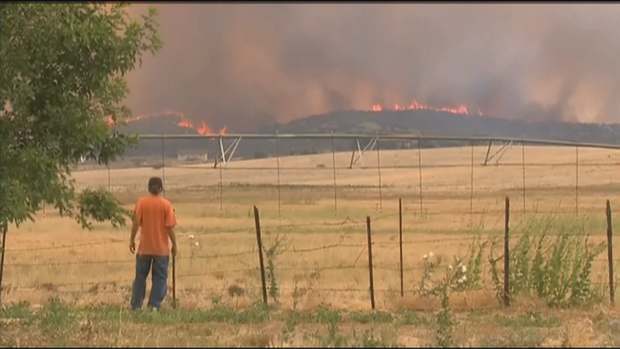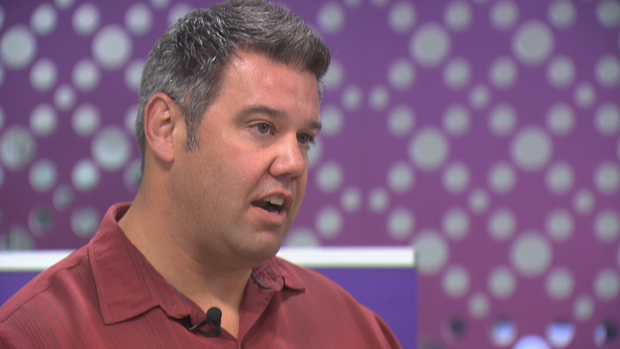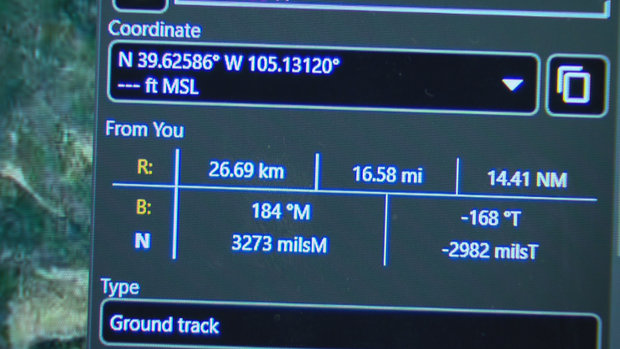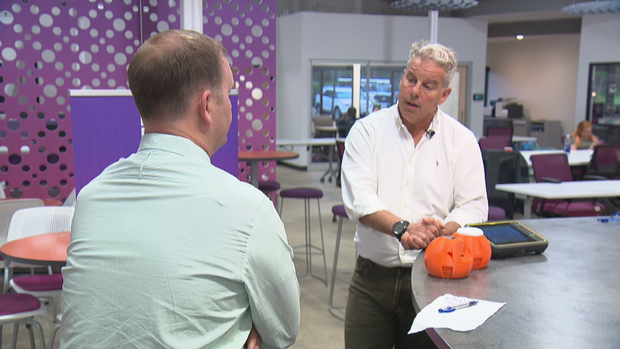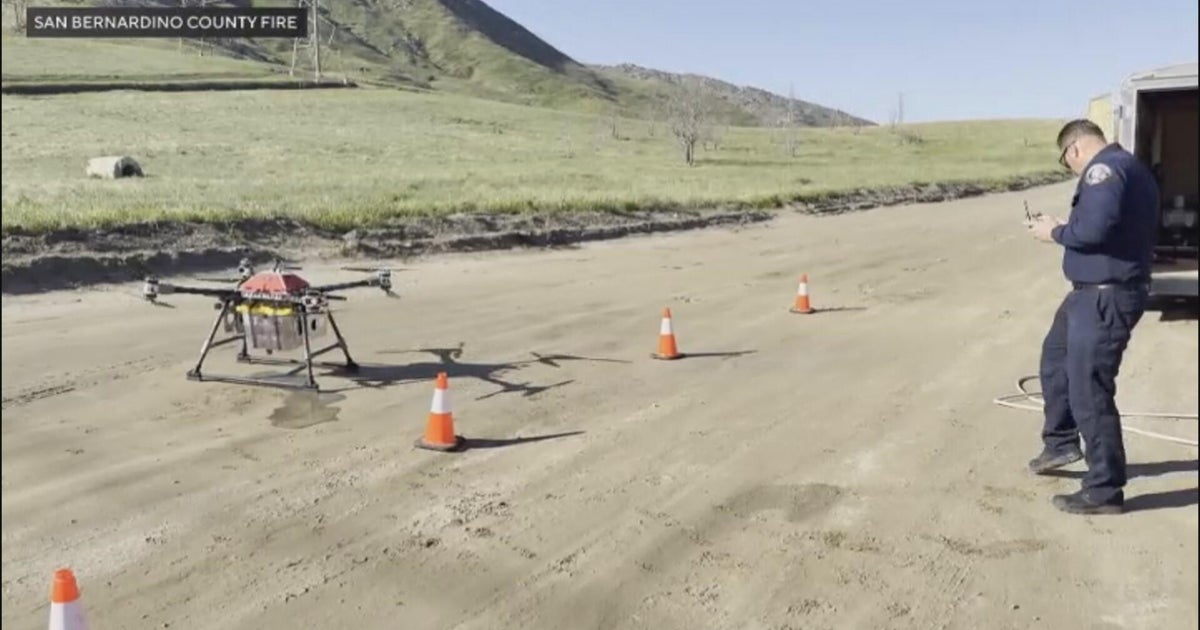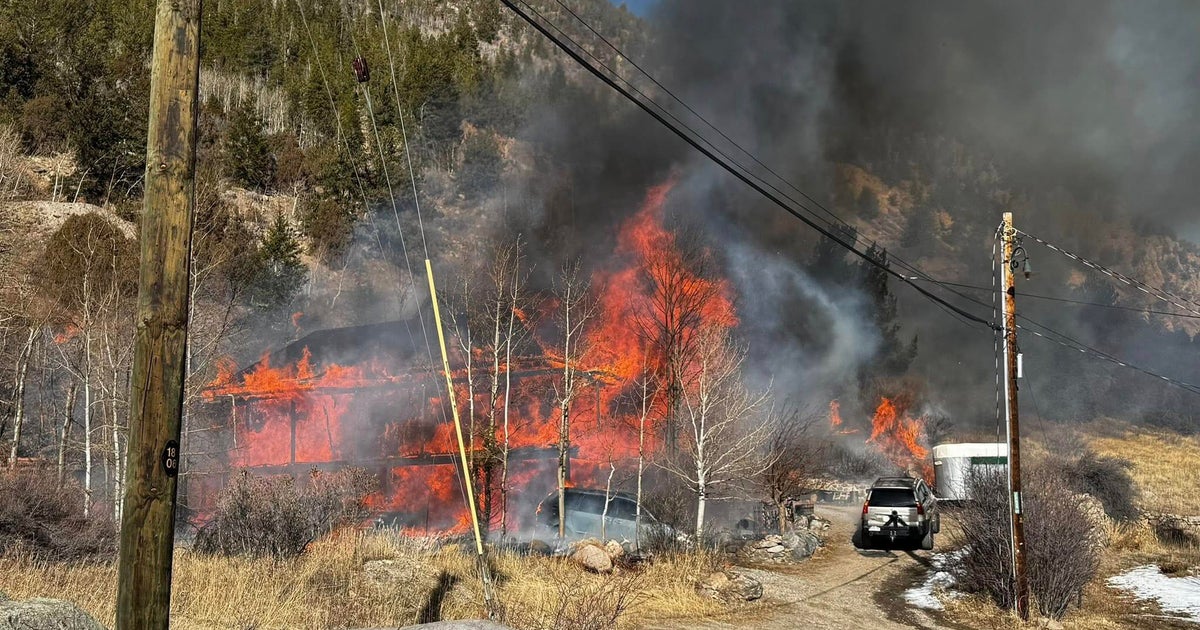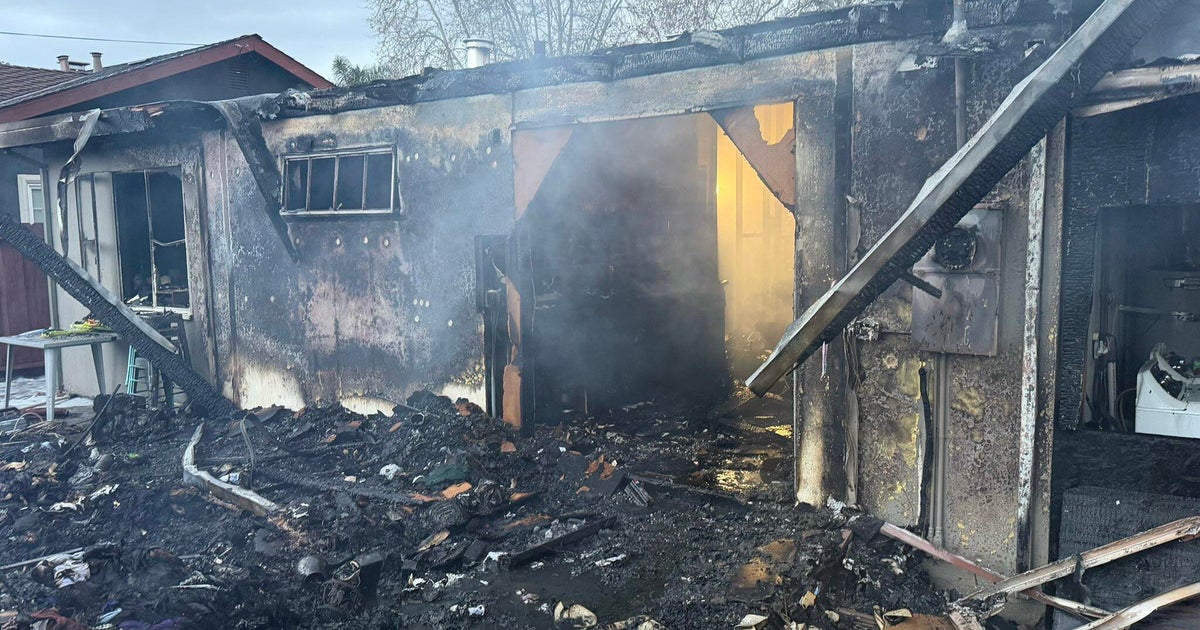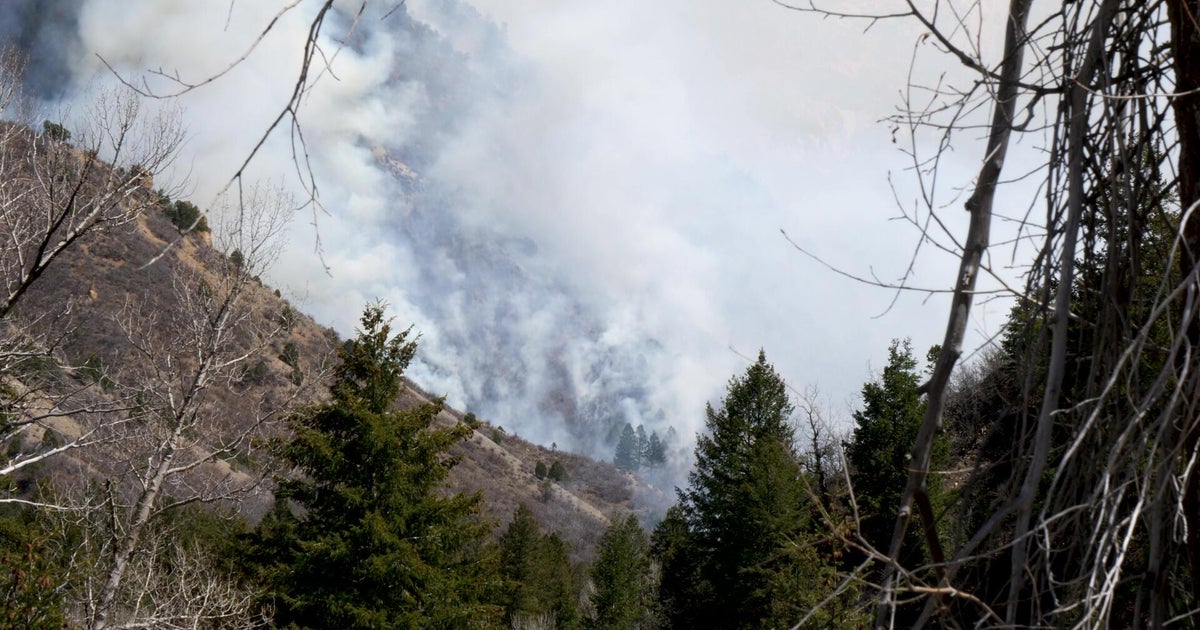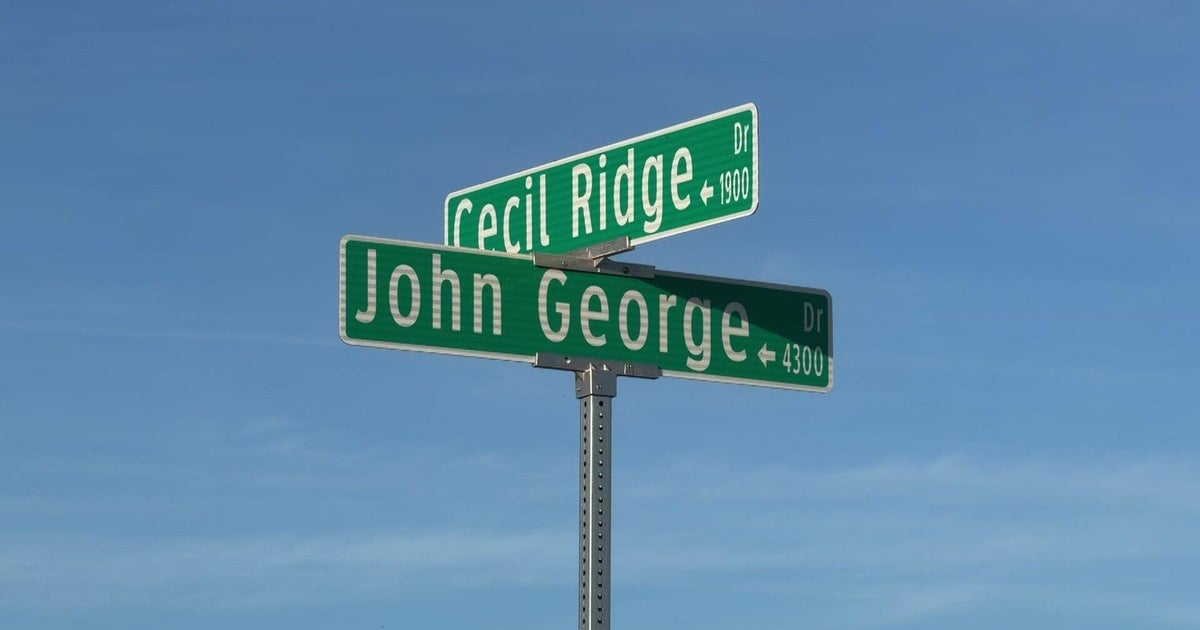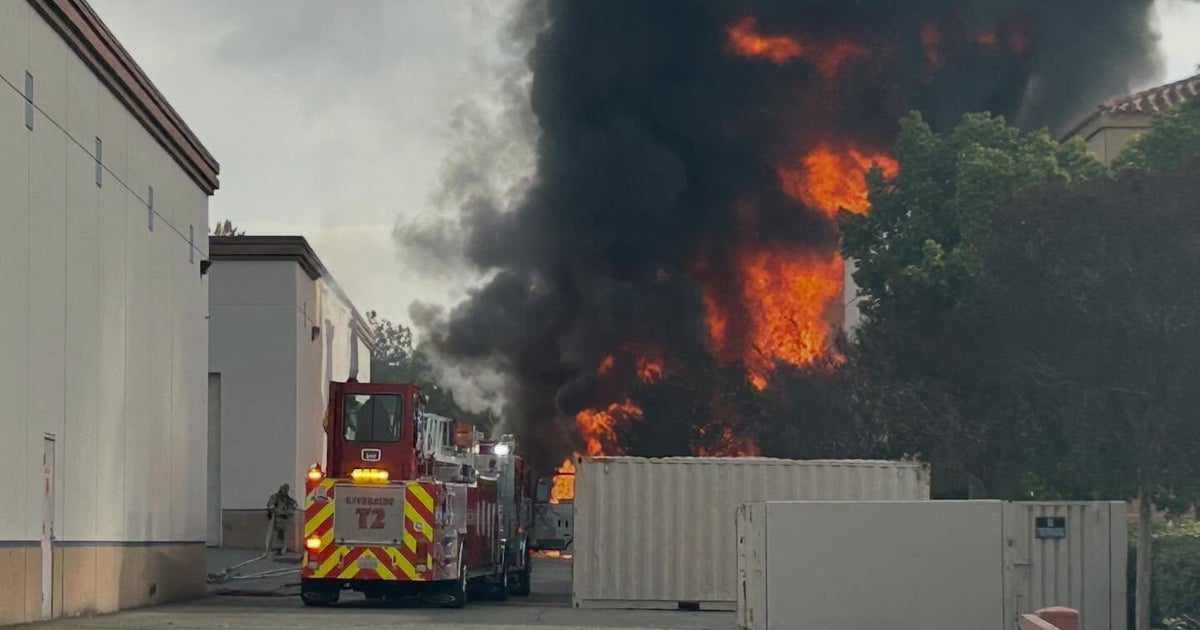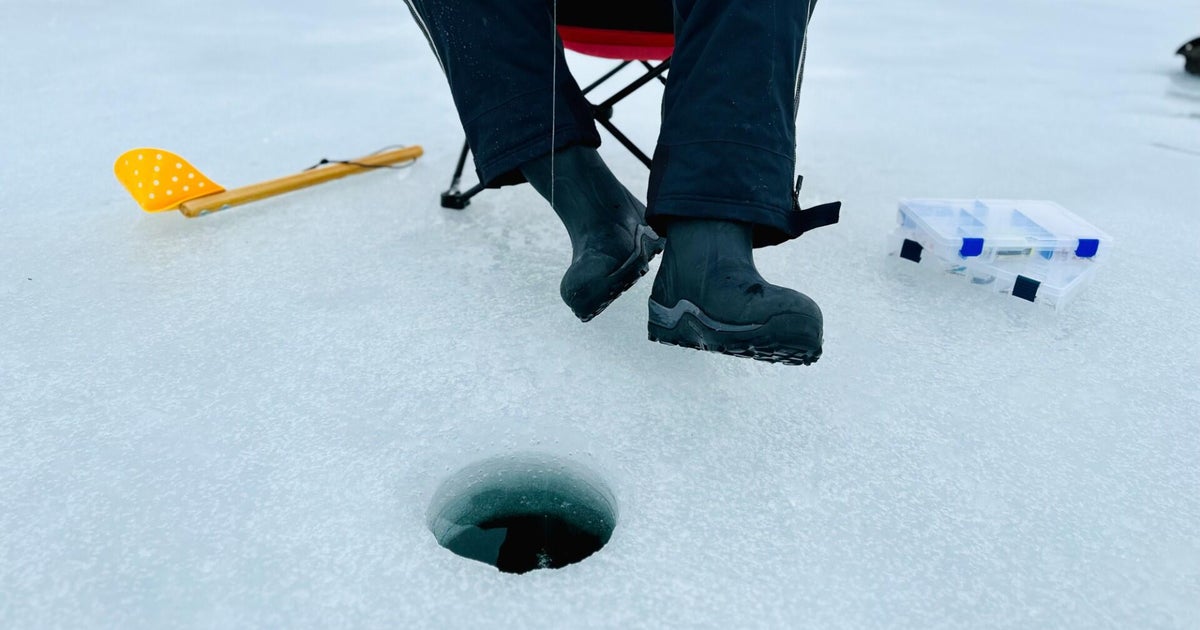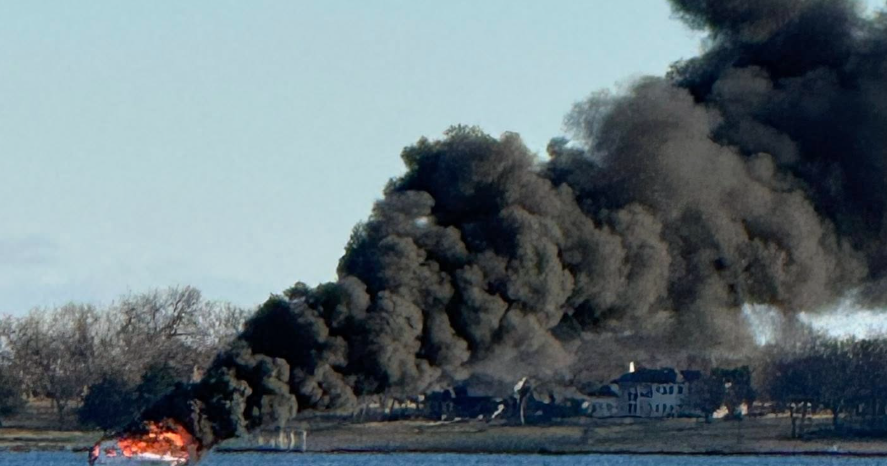'We Have To Do Better': Company Works To Help Firefighters With New Technology
WESTMINSTER, Colo. (CBS4) - A Colorado company is hoping to change the way wildland firefighters operate. RoGo Fire uses software technology from four Colorado companies and implements it into satellite-enabled hardware that can be taken into the field.
"We're trying to save firefighter's lives," said Rod Goosen the CEO of RoGo Fire. "My brother told me, 'we're still using paper maps, compasses and two way radios.' We have to do better; we must do better for our firefighters, so I developed this system with my brother."
Goosen was moved after 19 firefighters died in Arizona in 2013. He started asking what could be done to keep people safe.
"Now, the technology has caught up to where my vision and dreams are," said Goosen. "We will also know where the fire is itself and what the weather is doing in real time. Each resource, engine, tender, bulldozer will have one of these drop locators on it, and we can locate high value structures and water resources, med-evac pick up points and more. Everybody will know where those points are in relation to the fire on the map."
Earlier this month, Goosen and RoGo Fire COO Ken Chez attended a wildland academy to get their accreditation. But they also had the opportunity to share their vision with firefighters.
"These guys really like this idea because it enables their efficiency and basically makes their job safer," Chez said. "It would allow them to see where their weather is coming from as well as infrared where hot spots are. This is all-important for them to see where the fire is and allow them to do their job more efficiently."
Next week RoGo will show off its technology to the U.S. Forest Service. Government approval is a big step before the technology is implemented in more arenas.
"It's our opportunity to show our technology and show what we're working on," said Chez.
"We can do so much better, we can save lives, put out fires faster and at much less cost to taxpayers," said Goosen.
